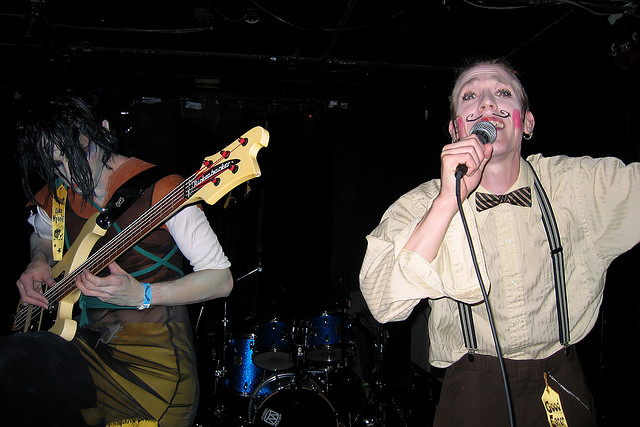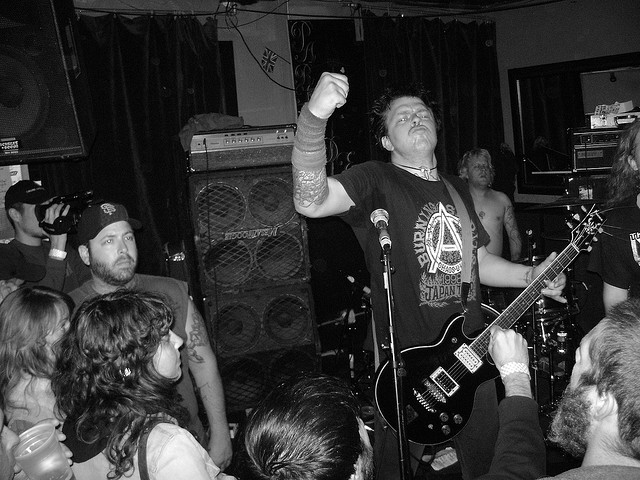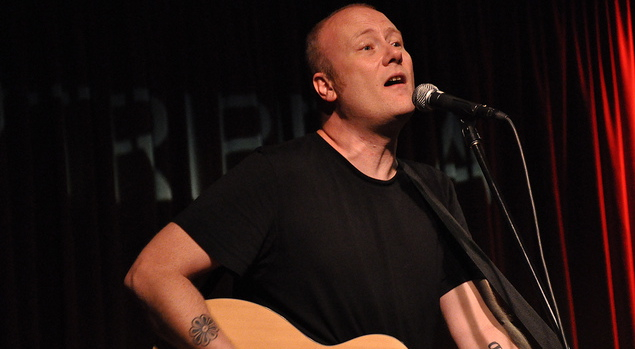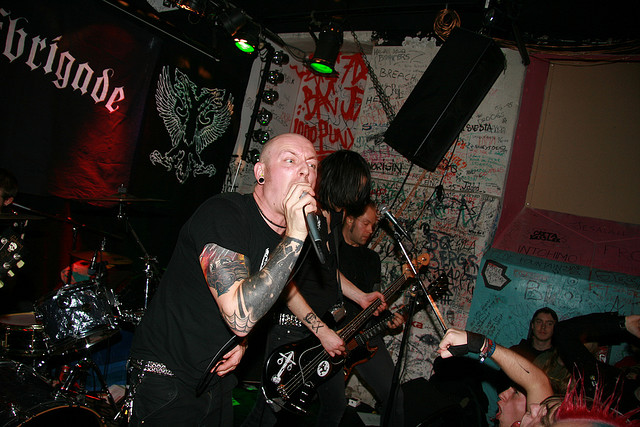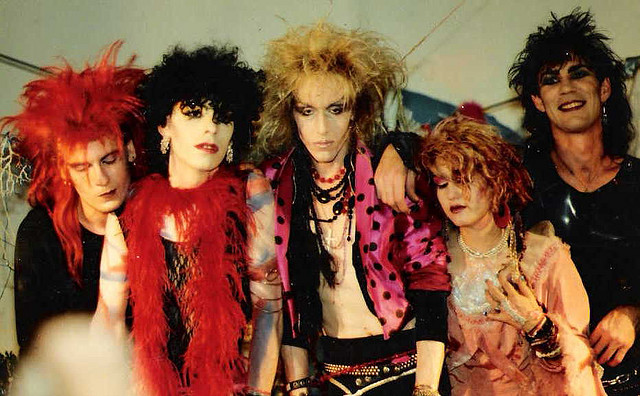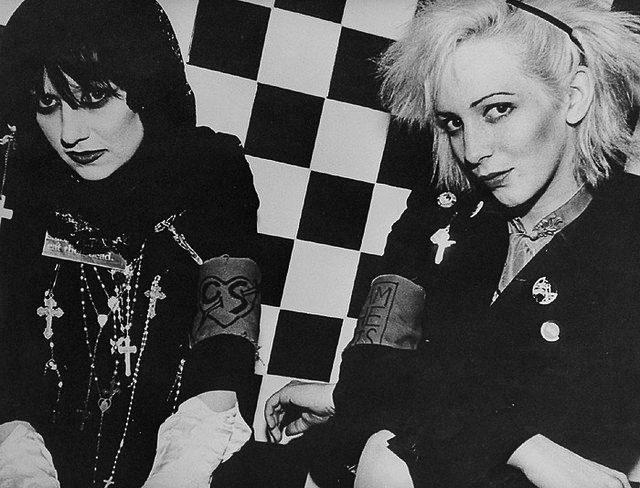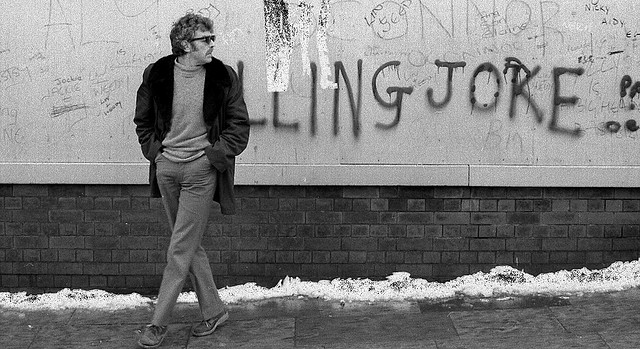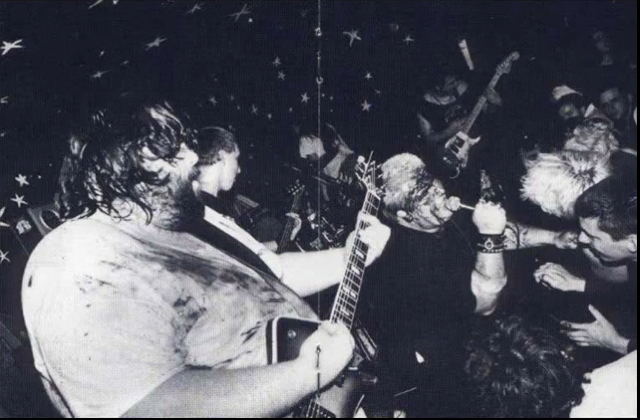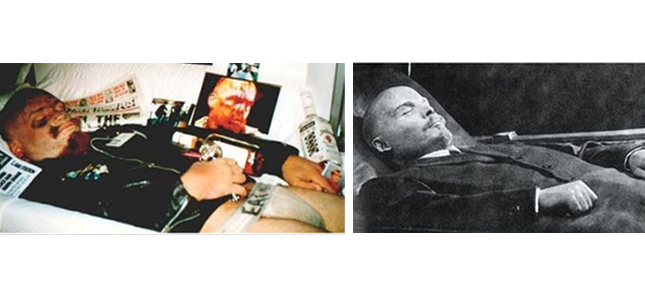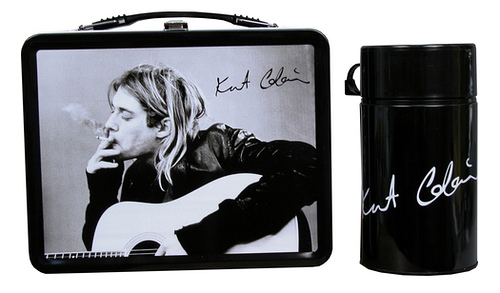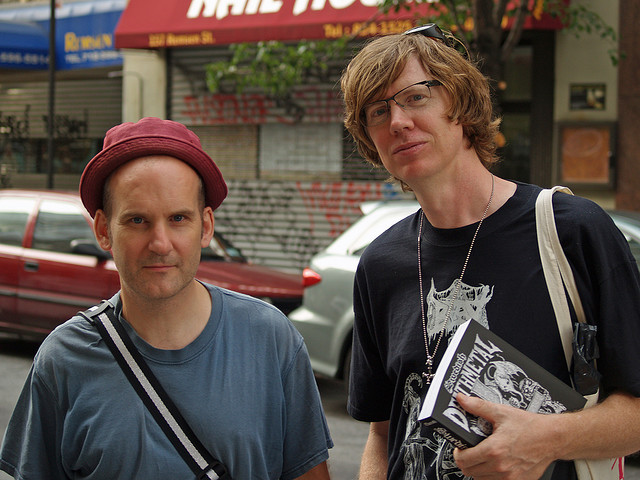A new crop of deathrock bands has reclaimed its punk roots and is pushing the music in a new and compelling direction. According to to Louder Than War goth “music in the nineties was largely dire, possibly due to the scene’s popularity at the end of the eighties bringing in a lot of people without those punk roots” that had originally invigorated the music. (More…)
Rock
Tragedy’s new Darker Days Ahead LP is the band’s first album in six years, and their fourth overall full-length. On the new record, the tempo has slowed considerably, and the atmosphere is incomparably thick and heavy. Almost as remarkable as the album’s music, however, is Tragedy’s growing legacy as pioneers of a new style of hardcore punk. (More…)
Artists get second chances all the time, but no one gets a resurrection. So, Mike Doughty had only one choice: take the few minutes of the day his head was clear to race out in front of his alcohol and drug addictions, or to continue killing himself. (More…)
Some punk bands, like Wire or Fucked Up, get bored with the genre and experiment. Others, like the Cramps and the Ramones, double down and refuse to budge. Long-running Swedish hardcore band Wolfbrigade are firmly in the second category. Their new LP, Damned, is a perfect example. (More…)
Conventional histories of deathrock dry up around 1986. There’s good reason for that. The orthodox approach to the subject is to describe it as a specific moment in Southern California punk. As a style of music, however, deathrock has persisted into the present, with interest and activity waxing and waning as the years have gone by. (More…)
As the first wave of punk evolved into hardcore, no wave, postpunk, and a variety of other subgenres, a singular strand of the punk explosion developed in Southern California: deathrock. (More…)
All of Killing Joke’s LPs have been meditations on the apocalypse. Throughout their thirty-three year career, and with every release, singer and frontman Jaz Coleman has prophesied the end of the world. Ominously titled MMXII (that’s “2012” for those of you who are Roman numeral-challenged) the original lineup of Killing Joke has delivered another sonic missive squarely in this fiery, millenarian tradition. (More…)
Poison Idea, like Black Flag and MDC, are one of the big guns of American hardcore. Founded in Portland, Oregon in 1980, proof of Poison Idea’s importance can be found in the fact that by 1986 they were calling themselves the Kings of Punk (the title of their 1986 LP) — and no one argued. (More…)
Punk had a midlife crisis during the summer of 1994. “Corporate whores” and “ass-kissing sellouts” were shouted at the Offspring during that show, the Sacramento Bee reported. “So you guys know us for our whole album and not just one song, right?” frontman Dexter Holland reportedly told the crowd. “We’d like to think so, but we’ll now patronize the ones who only know that one song, anyway.” (More…)
I thought my ears were playing tricks on me. The shuffling playlist at my local record store rarely extends beyond rap at one end and hip-hop at the other, the common denominator being diffuse aggression. But I knew this aria, from Alfredo Catalani’s opera La Wally, too well to mistake its delicate notes for long. Rushing to the cashier, I demanded to know what I we were hearing. (More…)
‘90s punk. What was it? Think of punk in the 1970s. A certain set of images, band names, and song titles immediately present themselves: The Ramones, Sex Pistols, the Buzzcocks. Fast forward to the eighties, and a similar thing happens, even if many 1970s bands continued into the decade, and even if many bands thought of as 1980s bands, like Black Flag or the Dead Kennedys, actually began in the ‘70s. (More…)
